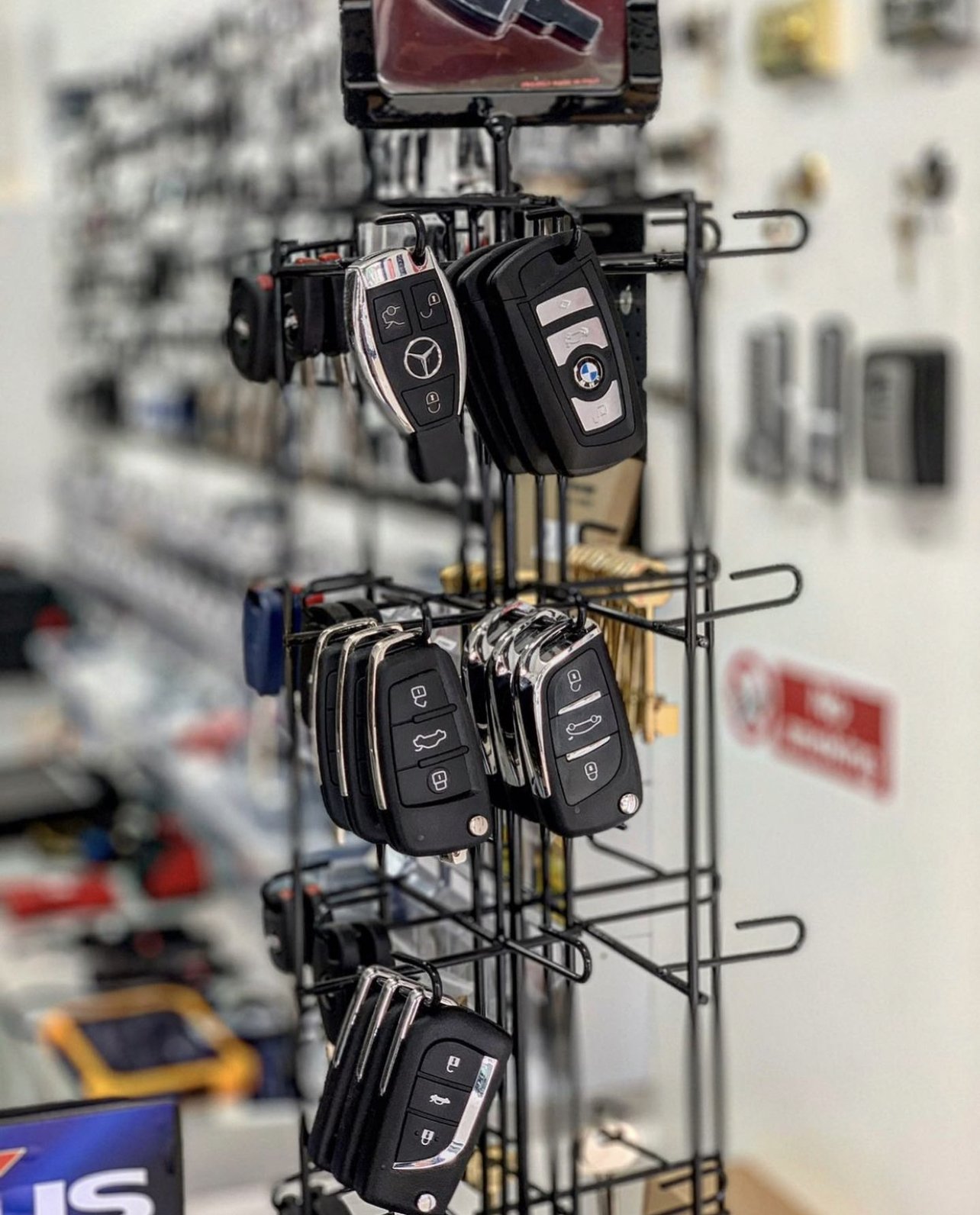Five Things You Don't Know About Key Replacements
Comprehensive Guide to Car Key Replacements: Understanding Your Options
In today's fast-paced world, losing or damaging a car key is a progressively common affair. Car key replacements have evolved substantially over the years with developments in innovation, and car owners now have a variety of alternatives to think about. This article will check out the different types of car keys, approaches for replacement, expense implications, and other necessary considerations for car key replacements.
Kinds Of Car Keys
Comprehending the types of car keys is essential for knowing the replacement choices offered. Below is a summary of the various types:
Type
Description
Traditional Key
A non-electronic key that mechanically unlocks and ignition.
Transponder Key
A key ingrained with a microchip that interacts with the car's ignition system for added security.
Key Fob
A remote control used to unlock doors and begin the engine wirelessly. Often includes a transponder chip.
Smart Key
Permits keyless entry and ignition, utilizing proximity sensing units and advanced innovation.
Valet Key
A limited key that restricts access to particular features of the vehicle, typically utilized by parking attendants.
Understanding the Replacement Process
When it comes to car key replacements, it is important for car owners to be conscious of the choices readily available. The following techniques illustrate how car keys can be changed:
1. Dealership Replacement
- Process: The vehicle owner visits the car dealership and provides proof of ownership. The car dealership may require the Vehicle Identification Number (VIN) and additional recognition.
- Pros: Trusted source, guaranteed compatibility, often includes shows.
- Cons: Typically the most costly option.
2. Professional Locksmith
- Process: A certified locksmith professional visits the car place or operates from their shop. They cut and program the replacement key.
- Pros: Generally less expensive than car dealerships and can provide a range of key options.
- Cons: Limited ability for some advanced keys and fobs, may not have OEM (Original Equipment Manufacturer) parts.
3. Do-It-Yourself (DIY)
- Process: Car owners can purchase key blanks and programming sets online or from hardware stores. Follow specific guides for programming.
- Pros: Cost-effective and practical.
- Cons: Risk of mistakes, lack of professional quality, and possible security problems.
4. Mobile Key Cutting Services
- Process: Mobile services pertain to your area to cut and program keys.
- Pros: Convenient and frequently more affordable.
- Cons: May require a waiting duration, and rates differ based upon range and service quality.
5. Insurance coverage Coverage
- Process: Some vehicle insurance plan cover losses due to taken or lost keys.
- Pros: Potentially considerable cost savings.
- Cons: Coverage limitations and prospective deductibles could use.
Factors Influencing Replacement Costs
The cost of changing a car key can differ widely depending on several elements, such as:
- Type of Key: Traditional keys are normally cheaper to replace than transponder keys or smart keys.
- Model and Make of Vehicle: Luxury and more recent designs may have higher replacement costs due to advanced innovation.
- Place: The typical market rates for locksmith professional services or car dealerships can influence prices.
- Key Programming: Programming expenses might be separate from key cutting costs.
Here's a basic breakdown of replacement expenses:
Estimated Costs of Car Key Replacement
Key Type
Approximated Cost Range
Standard Key
₤ 5 – ₤ 25
Transponder Key
₤ 50 – ₤ 300
Key Fob
₤ 50 – ₤ 600
Smart Key
₤ 200 – ₤ 600
Valet Key
₤ 10 – ₤ 30
Vital Considerations
While exploring car key replacements, it's essential to keep in mind of the following:
- Proof of Ownership: Always have paperwork that proves ownership when looking for a replacement.
- Security Concerns: Keep in mind that lost keys posture security dangers; if there's an issue, think about rekeying locks.
- Warranty and Insurance: Check if your car is under guarantee and if it covers key replacements.
- Future Security: Consider updating to more safe and secure options like clever keys if your vehicle supports it.
FAQs About Car Key Replacements
Q1: Can I replace my car key myself?A1: Yes, it is possible to replace your car key yourself, specifically if you order key blanks and have programming tools. Nevertheless, ensure you follow guidelines accurately to prevent issues.
Q2: How long does it take to replace a car key?A2: Replacement time depends upon the method utilized. Dealerships might take longer due to programming, while mobile locksmiths can often do it on-site within minutes.
Q3: What should I do if I lost my car key?A3: If you lose your car key, examine your requirements and pick a replacement approach. Think about getting in hop over to these guys with a locksmith or your vehicle's car dealership for next actions.
Q4: Are duplicate keys considered replacements?A4: No, duplicates are copies of existing keys, while replacements are new keys made when the original is lost, broken, or not functioning.
Q5: Will my car's alarm system be impacted if I replace the key?A5: It depends on the key type. Typically, a properly set replacement will not impact the alarm. However, some keys may need to be synced or set to the alarm.
Car key replacements are more straightforward than they have actually ever been, yet understanding the various options and their ramifications can conserve time and cash. By familiarizing oneself with the kinds of keys, the replacement procedure, and potential expenses, car owners can browse this obstacle with greater ease. Whether selecting a car dealership, locksmith professional, or a DIY technique, remaining notified makes sure smarter decisions for protecting car access.
